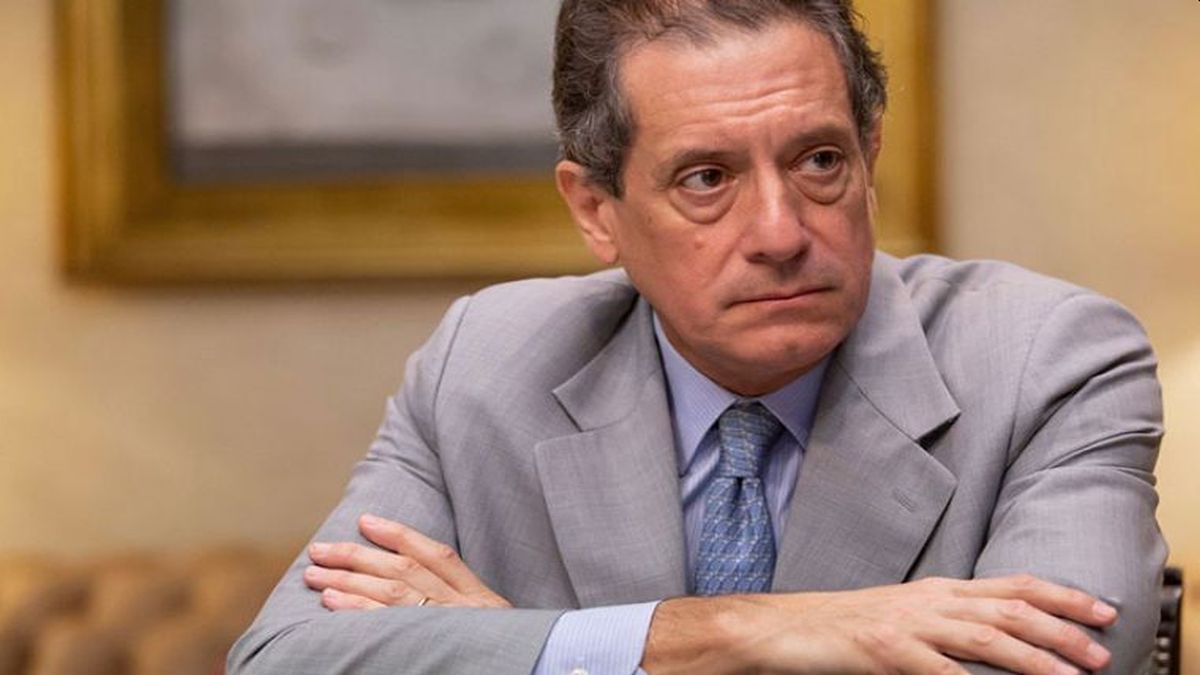Matías Rajnerman, Ecolatina’s chief economist, estimated that if an average monthly inflation of 3.2% is annualized, the percentage reaches 45%. According to the 10 best forecasters consulted by the Central Bank, the expected inflation for the next 12 months is 48.2%. Except for Leliq, all annual effective rates are below that mark.
Since April, when it reached its 11.4% floor, the overnight transfer rate had risen seven times: it jumped to 15.2% on April 24; then to 19% on May 18; it corrected three times during October (the steps were 27%, 30% and 31%) and rose to 32% on November 13. In the case of the 7-day pass rate, the central bank set a benchmark on October 16 at 33%; then he retouched it on the 29th of that month by passing it to 34.5% and rose two more points to 36.5% on November 13.
Along with the rise in the repo rate, the Central Bank decided to reverse the downward trend in the yield of Liquidity Letters (Leliq) since the change of management on December 10 last. As of November, the Leliq rate rose two points to 38%.
From Ecolatina they considered that in November “the bullfight relaxed.” This was achieved thanks to a combination of decisions: a greater fiscal strength shown by the Ministry of Economy for the last two months of the year and the offer of some public instruments that offered more attractive placement options to investors, such as linked dollars or auctions. of dollar securities. However, specialists warn, “reserves continue to fall and time is running out.” Although the fall in reserves was reduced “significantly”, “going from US $ -1300 million to less than US $ 1 billion in November”, the situation continues to generate concerns.
Economist Jorge A. Day, from IERAL / Fundación Mediterránea, considered that “the key to low rates in pesos is in the exchange rate, which has divided financial markets into two: one expensive in dollars and the other cheap in pesos.” According to Day, this scheme harms “those who have excess pesos and cannot use them to buy dollars.” “They are forced to keep the pesos charging rates lower than inflation,” he says.
“Thinking in the long term, it is difficult to believe that in the future a greater level of savings will be destined to the national financial system, which are the ones that allow there to be more loans for companies and individuals”, considered the IERAL specialist. In order to develop the local capital market, three officials from the Finance Secretariat team traveled to Washington to hold meetings with IMF technicians. The content of the meetings is kept strictly confidential, but before addressing official sources, they told Ámbito that they seek to give “depth” to the local market through the placement of more instruments focused on the productive sector.
–


